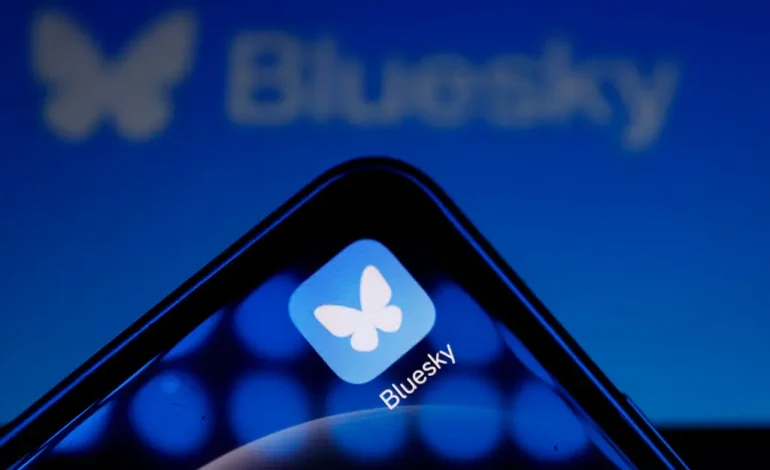As the dust settles from last week’s US presidential election, a sizable wave of social media users appears to be seeking a fresh start away from X, the platform previously known as Twitter.
The race’s outcome, which saw the reelection of Donald Trump, has catalyzed a shift for many left-leaning users who are gravitating toward alternatives they feel better align with their values. Among the most prominent beneficiaries of this migration is Bluesky, which reported an impressive 1 million new sign-ups in the week since the election, according to company spokeswoman Emily Liu.
The surge of users joining Bluesky reflects a growing trend: a desire for an online environment free from misinformation and hateful rhetoric, which critics say has intensified on X since its acquisition by Elon Musk. Under Musk’s ownership, X has transformed, reducing content moderation and giving visibility to more right wing viewpoints. Recently, Musk used his platform to voice public support for Trump, a move that some users saw as polarizing.
“We’re seeing increased activity levels across all different forms of engagement,” Liu said in an email.
She noted that new Bluesky users largely hail from the United States, Canada, and Britain. Bluesky, originally a project developed by Twitter’s founder Jack Dorsey in 2019, has gained traction as one of several notable competitors to X.
Notable new users include figures from entertainment, politics, and media, such as rapper Flavor Flav, author John Green, and Democratic politician Alexandria Ocasio-Cortez. Media personalities like Mehdi Hasan and Molly Jong-Fast have also taken to the platform, adding to a growing community of high-profile users who share a distaste for the environment on X. Many of these accounts began posting content—like welcoming cat videos and humorous commentary—that they hope will counterbalance the heavier tone they associate with X.
Bluesky’s growth trajectory is particularly notable considering its unique user-centered approach. Unlike Threads, a competitor from Meta with 275 million monthly active users that relies on algorithm-driven feeds, Bluesky provides a chronological feed that users say feels closer to the original Twitter experience. It also boasts special features such as curated “starter packs” that recommend accounts to follow, easing the transition for those new to the platform.
Bluesky’s meteoric rise is part of a broader social media landscape reshaping. Alongside Bluesky, Meta’s Threads and Mastodon, another decentralized platform, have seen renewed interest since Musk took over Twitter. Bluesky users are enthusiastic about the platform’s decentralized structure, which is designed to minimize algorithm-driven engagement and boost transparency.
Among those embracing Bluesky are also communities that often bear the brunt of online harassment—transgender individuals, disabled users, and other marginalized groups. For John, a Star Trek enthusiast from Minnesota, Bluesky offers a renewed sense of connection without the frequent disruptions he faced on X.
“In the last week, it has felt more like what I used to like about Twitter,” he remarked.
While X’s trajectory under Musk continues to diverge toward a more politically aligned user base, Bluesky’s appeal lies in its vision for a social media experience free from partisan bias. Recent moves by Musk, such as weakening X’s blocking functionality, have only deepened dissatisfaction among those who value control over their online experience. Bluesky, meanwhile, has leaned into its inclusive message. After reports surfaced that Musk spent election night with Trump, Bluesky’s account posted on X, emphasizing that it would not be giving “direct access to control what you see online.”
This landscape is clearly evolving as former Twitter users seek a platform that provides a more positive community. Some observers, including social media researcher Dr. Shannon C. McGregor of UNC Chapel Hill, note a “feeling of momentum” behind the exodus, with many users voicing frustration over X’s increasingly divisive content. McGregor explains that some users are opting to leave rather than face a “timeline of far-right, conspiracy theory posts.”
With input from the New York Times, Newsweek, and Rolling Stone.









